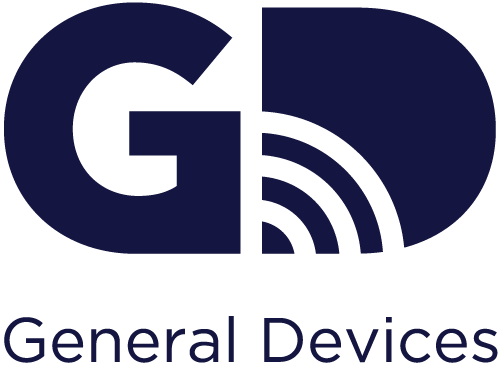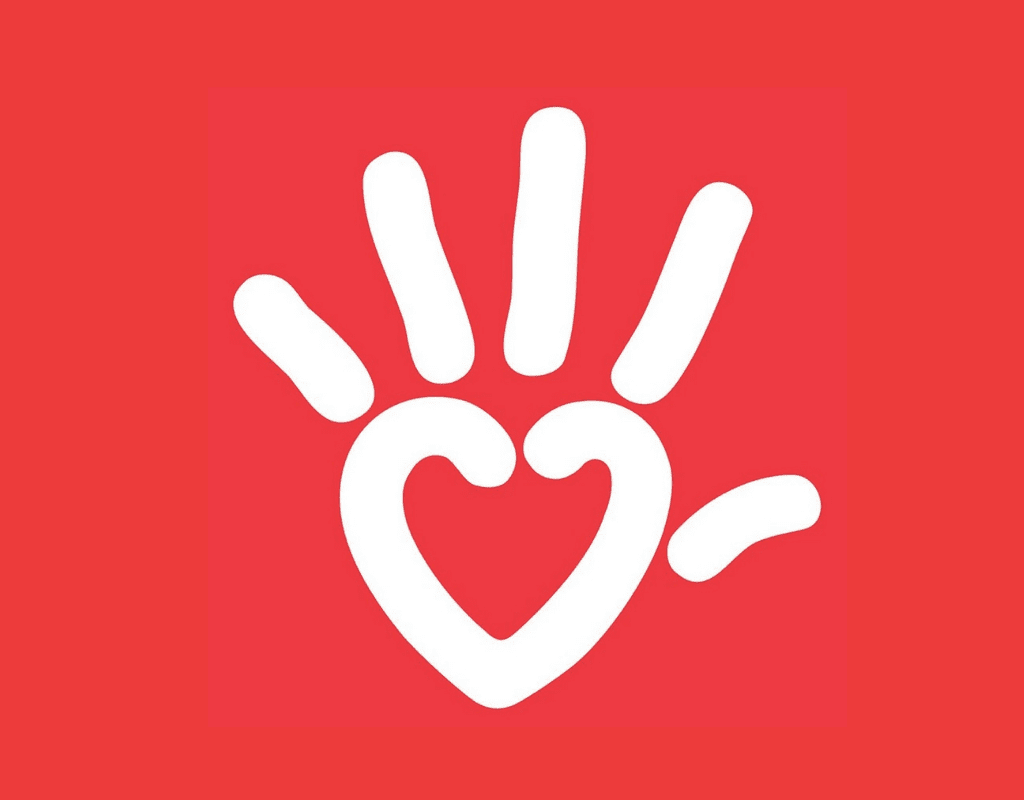Improving Pediatric Patient Care At Phoenix Children's Hospital
THE CHALLENGE
As Arizona’s only Level 1 Pediatric Trauma Center certified by the American College of Surgeons, Phoenix Children’s emergency room receives 20-30 ambulances daily, transporting sick and injured children around the clock, 365 days a year. Children can be brought in from distances as far as an hour away. Of those pediatric patients, 40% have fevers, 29% have difficulty breathing, and the rest have an assortment of trauma, seizures, or congenital emergencies.
The staff at Phoenix Children’s Hospital is ready for any trauma or medical emergency around the clock. But in 2015, they weren’t ready for their communications equipment when they sought to upgrade their state certification to that of a Base Hospital. An Arizona Base Hospital is able to give advanced life support medical direction to its incoming EMS crews. Receiving the designation was contingent upon overhauling their telecommunications technology.
EMTs and paramedics transporting the patients call in a notification alerting the emergency department staff with the details of a child’s condition. Knowing the nature of the illness, the mechanism of injury, the patients’ condition in the ambulance and how they’re trending, is vital to ensuring the appropriate physicians and equipment are on scene and ready. Trauma patients may need surgeons standing by, respiratory patients may need ventilators on hand, and crash carts may need to be put into position. Enhancing the value of the data between the ambulance crew and emergency department staff is critical to that process. A new system was needed to more efficiently and securely connect with the EMTs and paramedics transporting patients to the emergency room.
THE SOLUTION
GD CAREpoint with FormsPRO provided the answer. “We wanted a way to document the calls from EMS on a digital sheet as well as record the calls,” said Kris Ramos, Base Hospital Coordinator at Phoenix Children’s.
The CAREpoint Workstation has many capabilities, such as:
- Radio voice and video Recording
- Data Monitoring
- Data Management Reports
- Forms
- Documentation
- 12- Lead retrieval
It also links vital information from the ambulance crew to the ER staff. Audio notifications
from the paramedics and EMTs en-route are converted digitally. Physicians, nurses, and other specialists responding to an impending emergency can play back or read the call details. Trends in vital signs, changes in mental status, Glasgow Coma Scale and previous medical history can be quickly factored into emergency room treatment preparation.
THE RESULTS
With 20 to 30 ambulances transporting sick and injured kids into the emergency department daily, GD CAREpoint and FormsPRO allows the Phoenix Children’s emergency staff a more sophisticated means of preparing for them than they had before. The hospital saves money, improves patient care, and enhances quality control as a result of the equipment.
“We can go back and listen to the call,” said Ramos. “It helps with our process improvement and helps to get us more prepared.”
Overall, GD CAREpoint provides results by:
- Quicker handoff from EMS staff to ER staff. Pediatric cases are often time sensitive and children can decompensate faster. Having equipment standing by is important to beginning treatment sooner.
- A smooth continuum of care by Centralized and accessible data allowing medical staff to review patient history in advance.
- Cost Savings. Specialists are costly. Reviewing a call prior to the patient landing in the ER bay, saves time for doctors who can read ambulance notifications and have some knowledge of a patient’s status before they land in the ER bay.
- Quicker time to treatment. Pediatric patients to Phoenix Children’s can come from up to an hour A secure line between doctors and the EMS crew can get treatment started sooner.
- Secure Communications. The recorded line ensures HIPAA compliance requirements are met and can be reviewed for education purposes later.
With the help of the GD CAREpoint, Phoenix Children’s Hospital is able to ensure quicker time to treatment for their patients as well as cost savings and more secure communications.
PHOENIX CHILDREN’S HOSPITAL
With a medical staff of nearly 1,000 specialists, Phoenix Children’s is one of the largest pediatric healthcare systems in the country, and the most comprehensive children’s care facility in the state. It provides inpatient, outpatient, trauma and emergency care across more than 75 subspecialties. Phoenix Children’s ED sees between
80,000 to 90,000 pediatric patients annually.
ABOUT GD
GD enables smarter patient care by empowering hospitals, EMS, community healthcare and public safety with the most interactive, configurable, and affordable FDA listed medical communication and mobile telemedicine solutions. The benefits include enhanced workflow, minimized risk, reduced cost and improved patient outcomes. With emergency room visits across the United States at an all-time high according to CDC data from 2016, (the most recent year available) enhancing the way all the pieces in the healthcare chain work together is going to be more vital than ever.
Learn more at www.general-devices.com.


